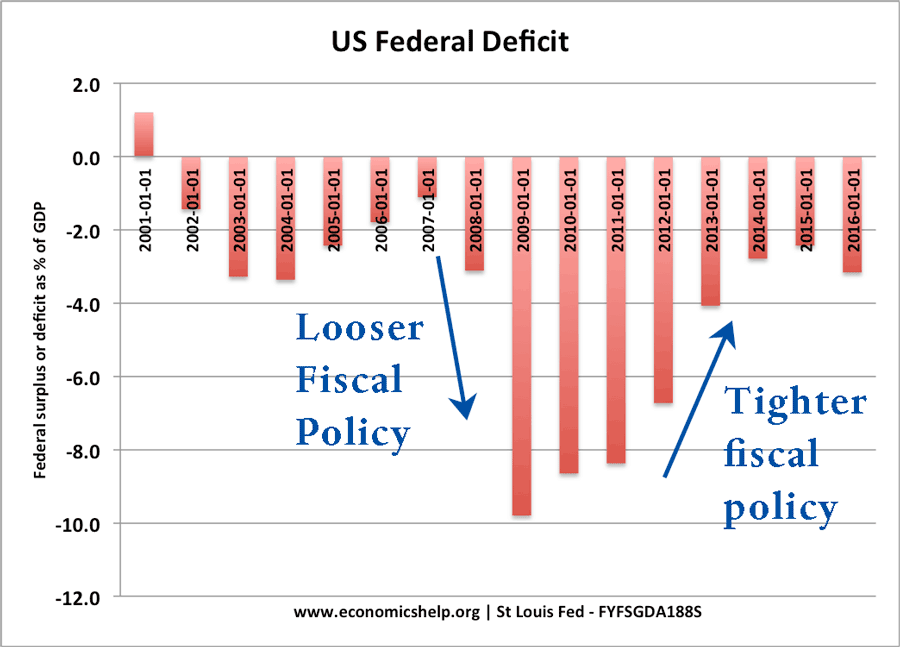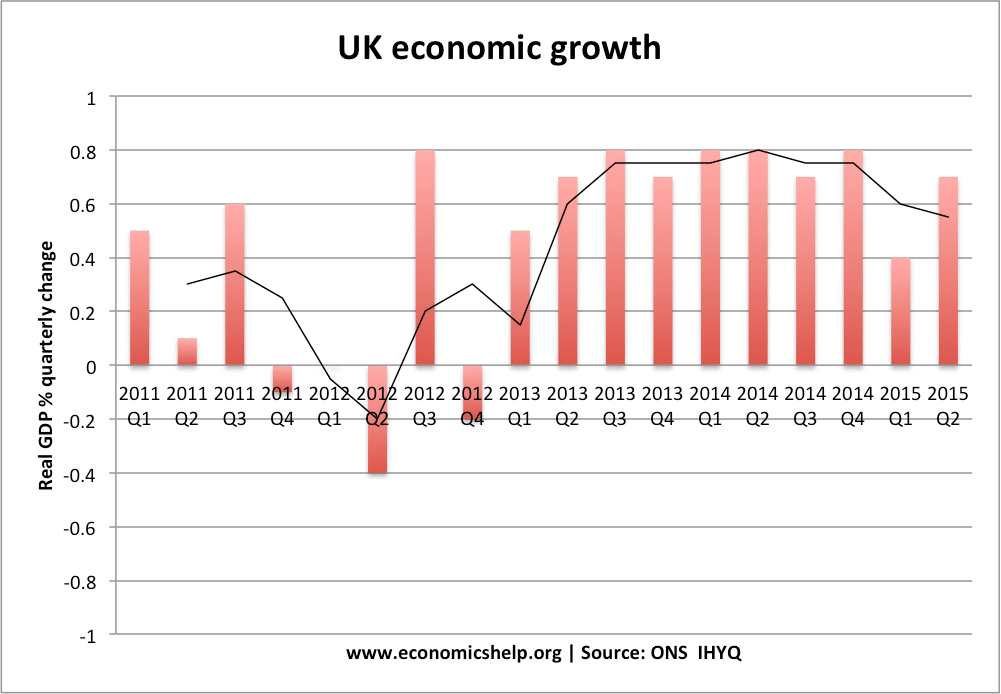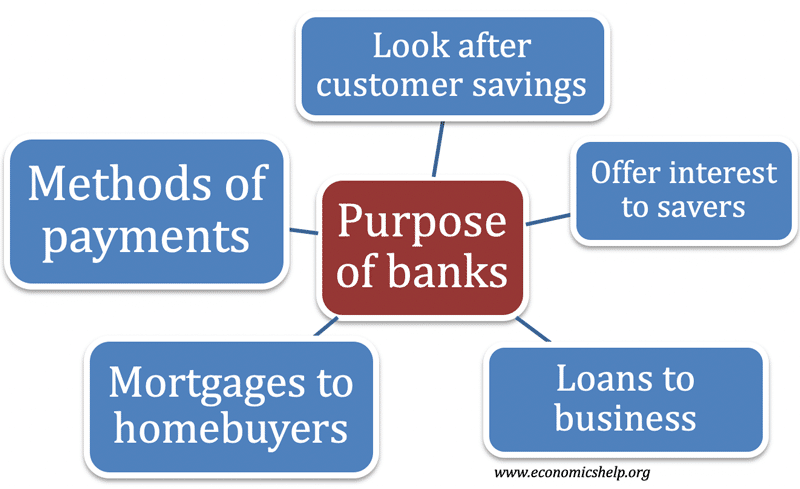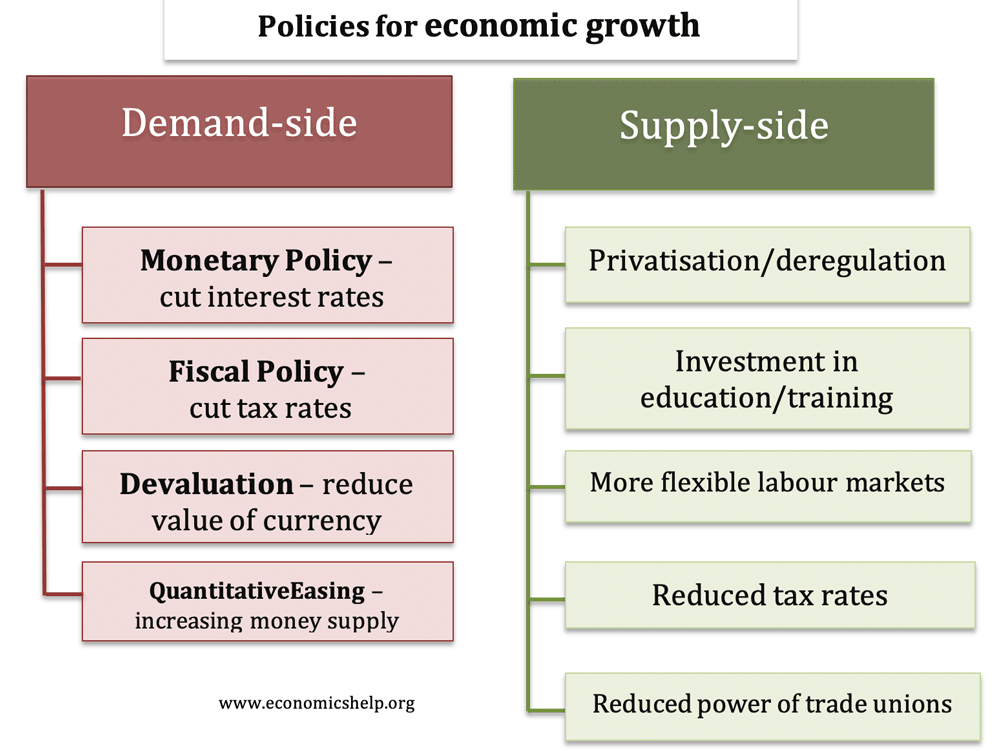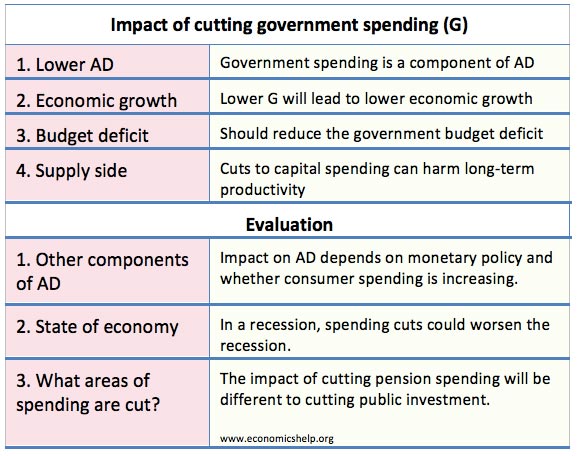Impact of Expansionary Fiscal Policy
Definition of expansionary fiscal policy. This involves the government seeking to increase aggregate demand – through higher government spending and/or lower tax. Expansionary fiscal policy is usually financed by increased government borrowing – and selling bonds to the private sector. Keynes said expansionary fiscal policy should be used during a recession – when there is …

